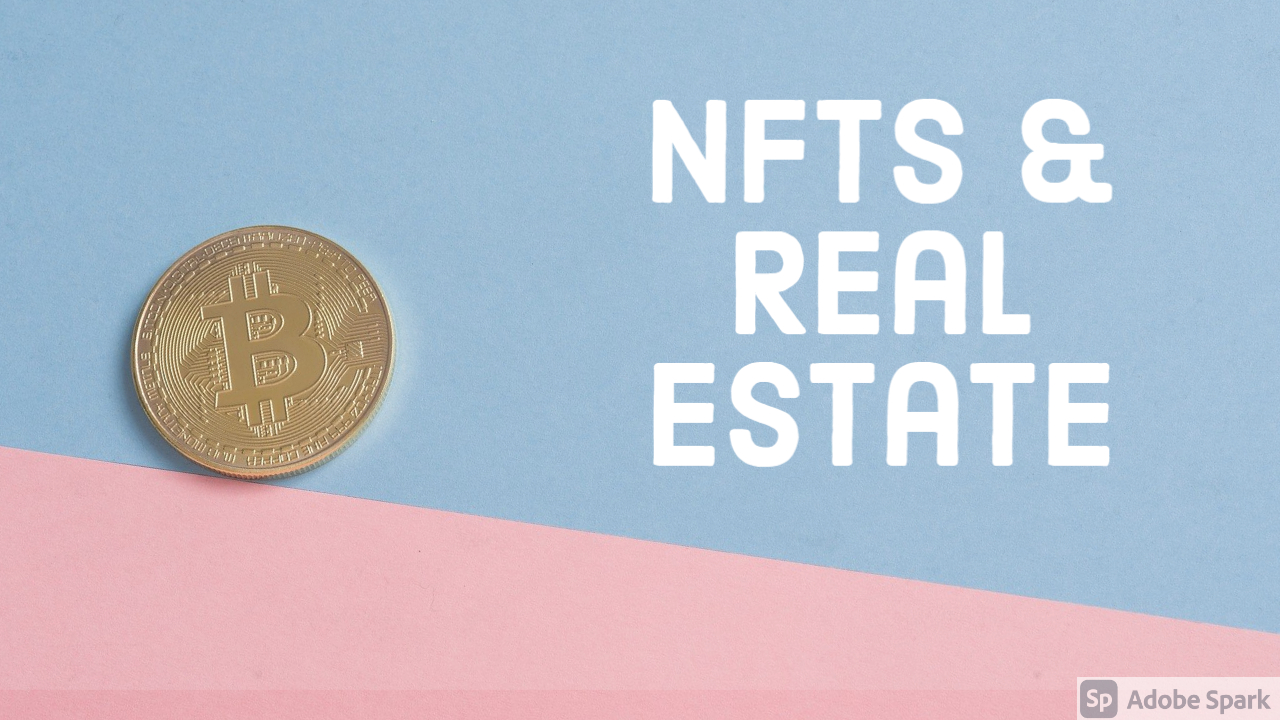Non-fungible tokens are not just for digital collectible/arts or cards. NFTs could change real estate drastically in coming years.
Property World is changing fast:
Blockchain is changing the way many markets are working around the world. Property market is one of them.
How NFTs and Real Estate are connected?
Non-fungible tokens (NFTs) will be used as a way to sell fractional ownership or debt on a real property of the world we live in.
What are NFTs?
Non-fungible tokens or NFTs are tokens issued on a blockchain like Bitcoin and other currencies. But unlike a cryptocurrency, they are not “fungible,” meaning that each token is unique, rather than identical and interchangeable with each other. Which means that they could be used to identify a unique item, either in real-world or digital world.
Fractional Property Ownership:
NFTs can be used to represent ownership of real estate also. Fractional ownership is the solution. Property owners could sell part of their property to a large number of small investors by issuing tokens on the blockchain. Investors could hold these t8okens and receive a rental income, profit split on capital appreciation upon sale.
Advantages of Fractional Property Ownership:
- No Middle Man
- Will allow people to buy and sell fractional ownership in rental properties, potentially in a liquid market without a middle-man.
- Access to all
- This would open up the world of property investing to many more people.
NFT mortgages?
It may be possible to borrow by issuing NFTs backed by ownership of your property. Individual investors could then buy an NFT representing a small part of the debt. Holders of the NFTs would then receive repayments via the blockchain in proportion to how much they lent out.
Disadvantages:
- Legal right to control the property
- NFT token holder could force someone to sell his or her home if the holder owned enough of the tokens. Property isn’t actually controlled by the token holders, could the residents remain in the property forever?
- Problems in NFT Mortgages
- If a borrower falls into default, who can collect on the debt? It would be a problem if each creditor could collect individually, both for the lender and the debtor. On the other hand, if only one party can collect, this would make these type of mortgages not much different to peer-to-peer lending platforms and, therefore, susceptible to the same problems of centralization.
Conclusion:
Any new inventions or breakthroughs will have lot of issues in the beginning. But there is a great potential also. Widespread adoption of NFT real estate will take some time but we need to aware of the latest developments.
